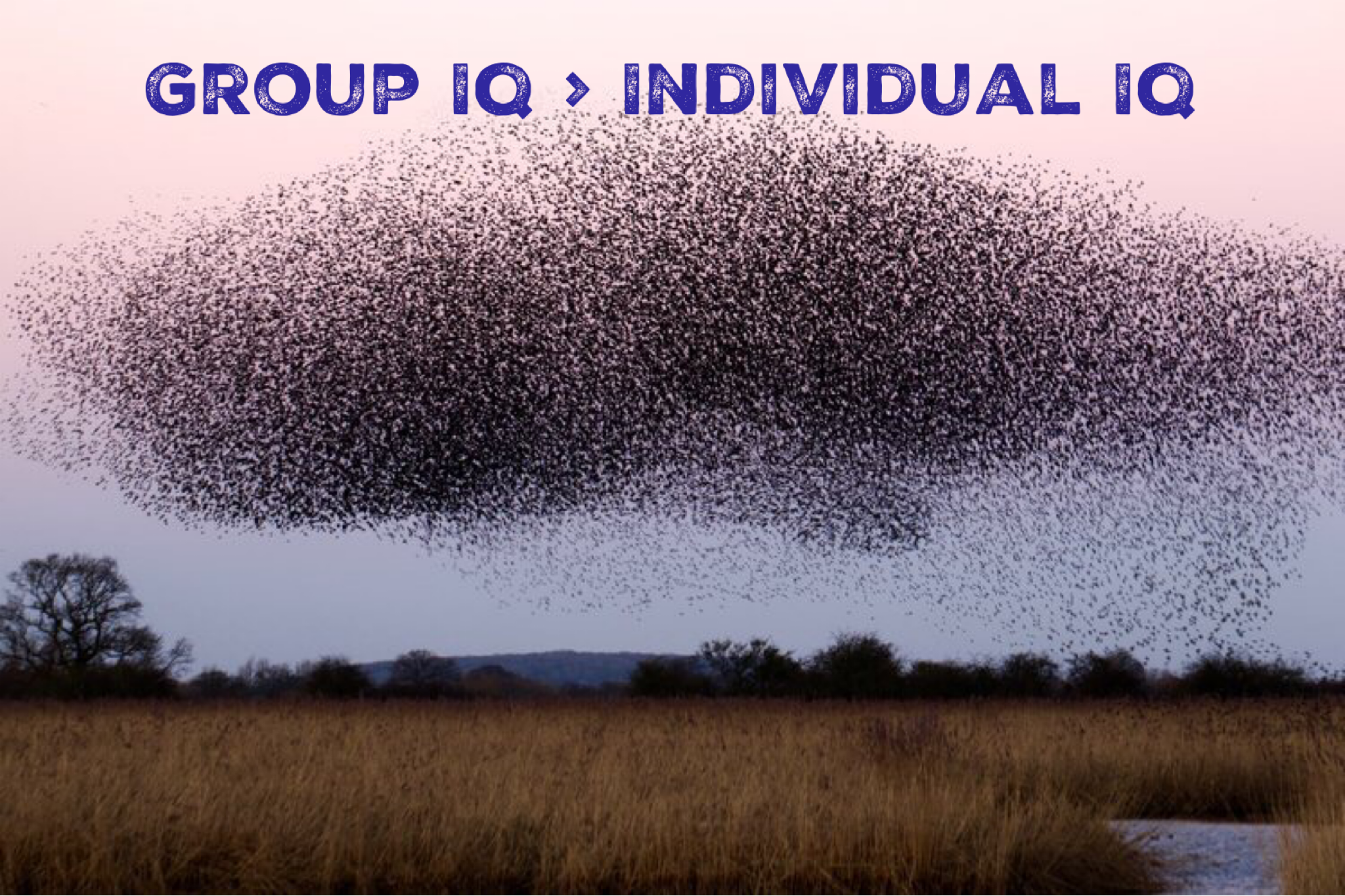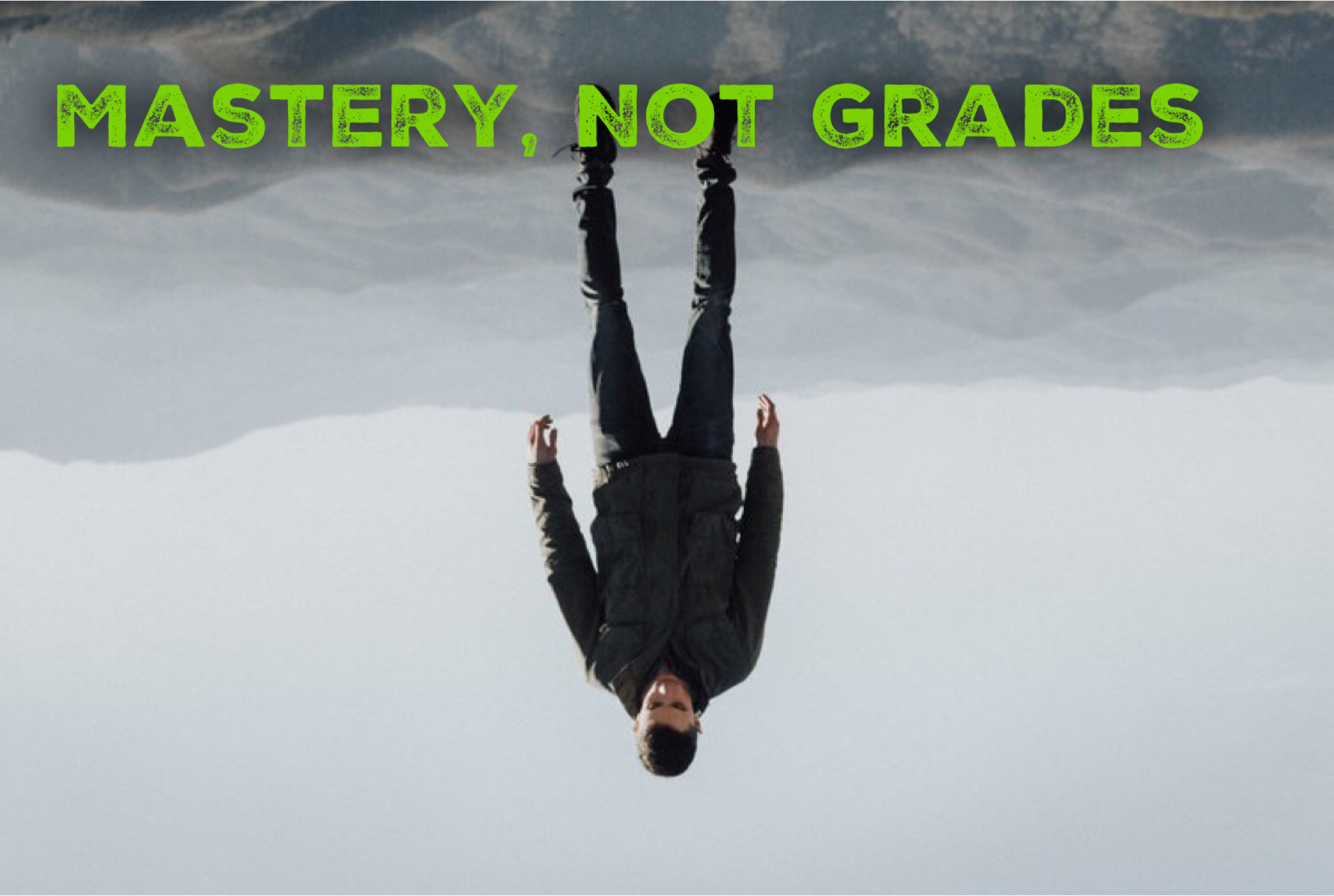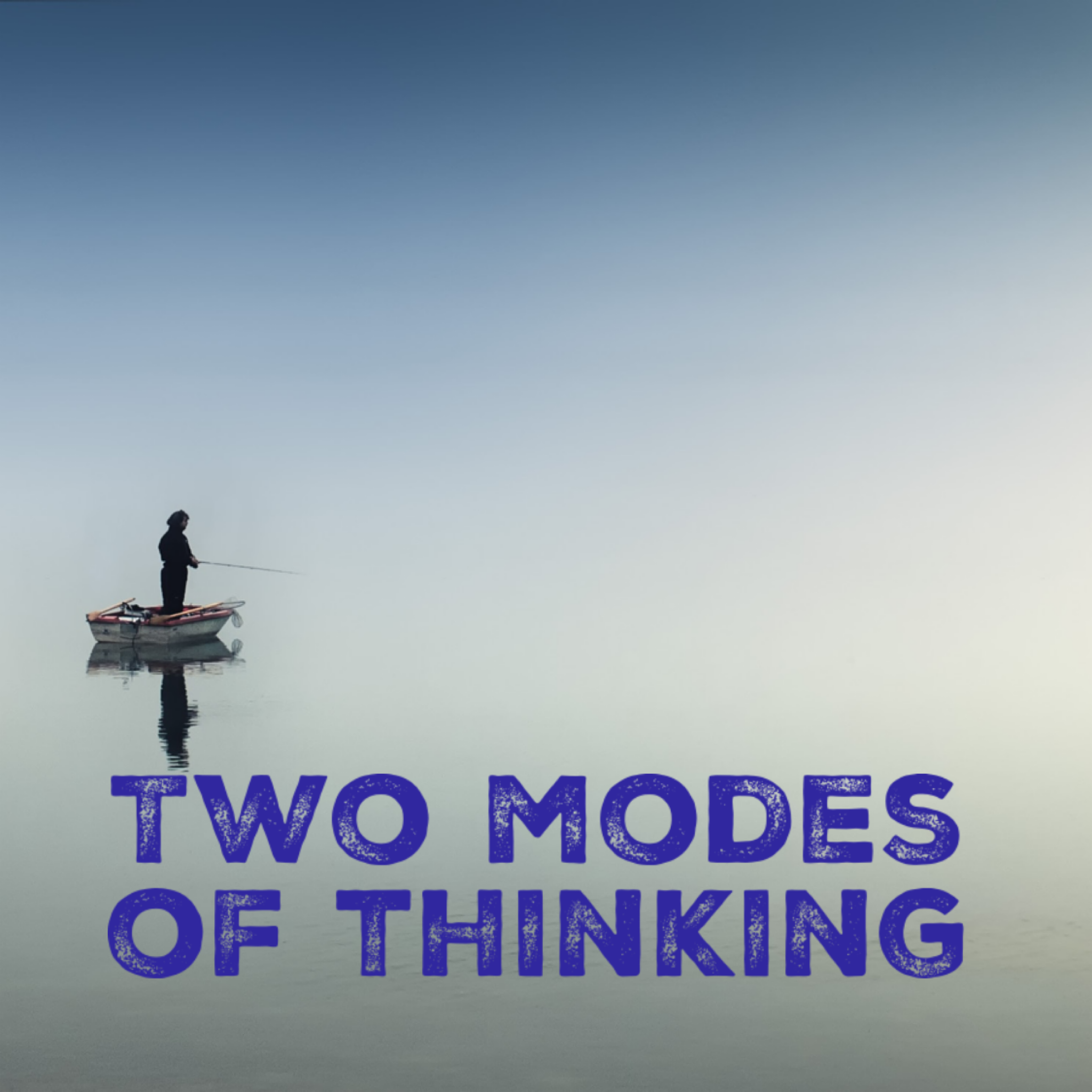School of the Future: Practices, Scrimmages, and Games
I recently participated in a conversation with administrators and teachers from one school about reopening for 2020-21.
To reduce traffic and population density, one person said, “Maybe we should schedule students to be in one or two places all day. If people are coming to campus on alternating days, maybe we don’t schedule a Biology student as Ms. A’s student or Mr. B’s student. Instead he’s a Biology student, and his teacher is whatever Bio teacher is assigned to that room on that day.”
If the goal of school is to learn things that you can transfer to new situations, then assessment [1] is the key to everything. Why not think of teachers as coaches, then?
And how do coaches prepare their players to be assessed?
Practices, scrimmages, and games. [2]
If Ms. A is coaching you on Monday and Mr. B is coaching you on Tuesday, that’s just fine—as long as they’re coaching you for the same “game.” Because the goal isn’t to figure out what the coach wants; the goal is to figure out what the game demands.
Naturally this would require teachers to shift from being solo coaches to being part of a coaching team. All coaches (teachers) would need to huddle regularly to:
Align on what the players (students) need;
Design practices (classes and formative assessments); and
Prepare players for games (summative assessments).
Like any coaching squad, some coaches will excel at some areas vs. others. Which is as it should be—because teamwork makes the dream work.
COVID-19 is forcing changes on schools. We can view these changes as obstacles that make it harder to do what we’ve always done, or we can see them as creative constraints that unleash better learning.
***
[1] As the late, great Grant Wiggins taught, assessments must be authentic (ie, realistic), reliable (ie, consistent from assessment to assessment), and valid (ie, measure what matters).
[2] It’s also worth noticing what coaches don’t do. Coaches cannot go onto the field to play the game for the team. They cannot blow the whistle for the referees to stop play or otherwise provide an advantage to their players. They can’t arbitrarily add bonus points to their team’s score (or take points off the board when they don’t like their players’ behavior).
***
For more in the School of the Future series, click on the tiles below.
***
Thank you for reading this post from Basecamp's blog, Ed:Future. Do you know someone who would find the Ed:Future blog worthwhile reading? Please let them know that they can subscribe here.


























